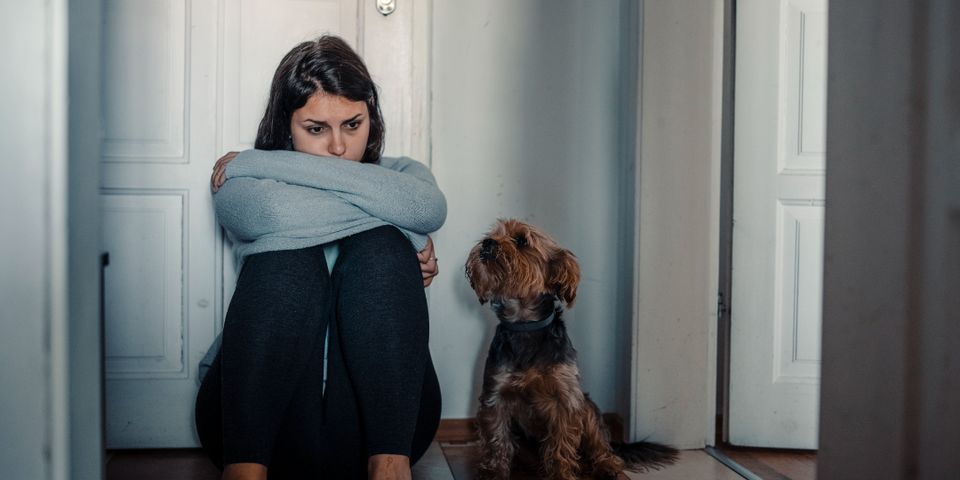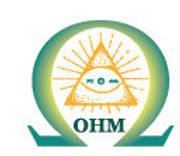
Post-traumatic stress disorder (PTSD) can develop after you experience a traumatic event. Certain locations, activities, smells, feelings, or sounds could trigger memories of the harrowing incident. The intrusive thoughts can cause panic attacks and high levels of anxiety that make it difficult to function. To improve your quality of life, discuss your condition with a professional at a mental health center. They will teach you ways to identify and cope with PTSD triggers, including the advice mentioned here.
How to Identify PTSD Triggers

Your PTSD triggers can be internal and external. Internal triggers are thoughts, feelings, or bodily sensations you have (such as anger, sadness, or anxiety) that spark PTSD symptoms. External triggers can include people, places, situations, and other outside forces you encounter.
To identify your triggers, write down what you were doing and how you were feeling right before a PTSD episode. For example, a stressful interaction with a loved one or driving through an intersection where you previously had an accident could prompt PTSD symptoms. Look to your friends and family members for guidance, too. They might notice changes in your disposition at certain times that could be attributed to PTSD triggers.
How to Cope with PTSD Triggers
When possible, avoid places and situations that are PTSD triggers. To minimize or combat a panic attack, try deep breathing. Breathe in slowly through your nose for a few seconds and then slowly out of your mouth for a few seconds. Doing so will help calm you down. You can also practice mindfulness, where you focus on the present to create distance between your current situation and the traumatic event.
If you are experiencing PTSD symptoms, reach out to the professionals at Ohm Mental Health in Lewiston, ID, for help. In addition to PTSD services, the mental health center also provides medication management, depression treatment, and substance use recovery services for residents throughout Idaho. Visit the mental health center online to meet the team, and call (208) 717-4823 to request a free consultation.
About the Business
Have a question? Ask the experts!
Send your question

